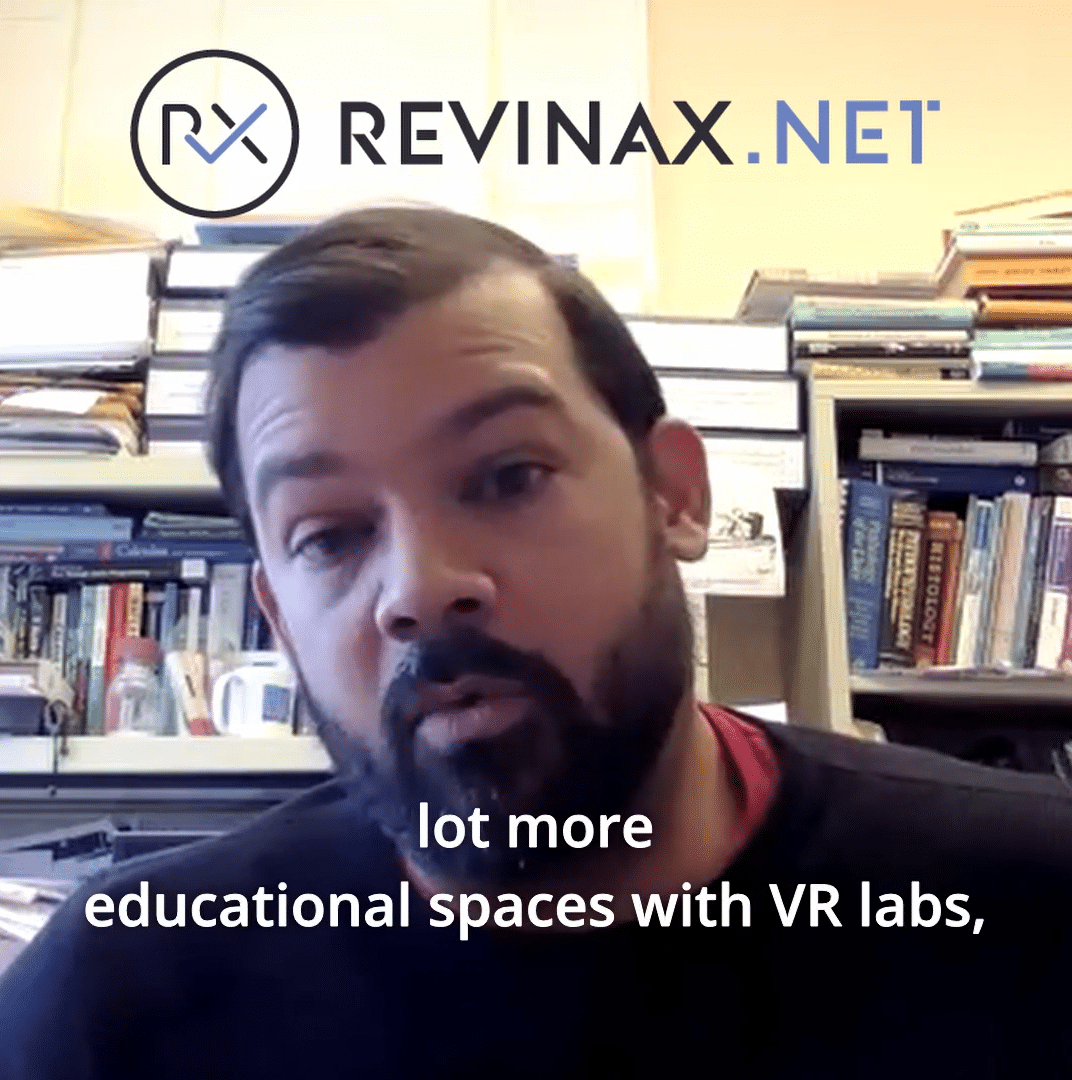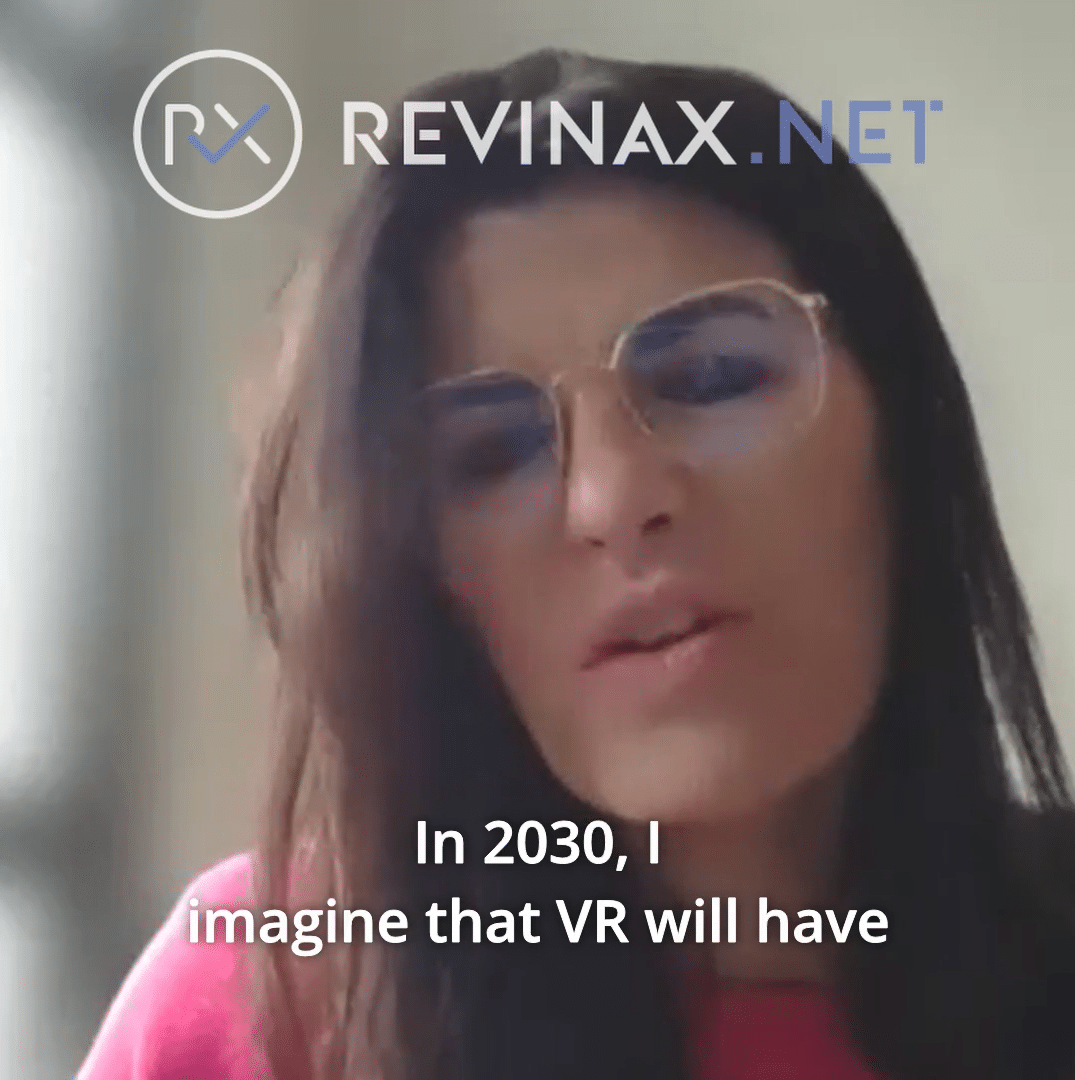Welcome aboard Revinsight, the podcast that helps you understand how organizations and individuals adopt, utilize, and track VR results.
Maxime Ros: Today, I’m honored to receive Lorenz Neuwirth. Lorenz is Associate Professor of Biopsychology at SUNY College at Old Westbury and SUNY Neuroscience Research Institute in New York.
Hey, Lorenz, what are your thoughts regarding VR research?
Lorenz S. Neuwirth: So I think it’s an important avenue that we’re considering in the modern world, and we have to continue studying it in a multitude of ways. There are various types of VR platforms that exist out there.
Some of the work that I’ve published, which is openly available online, you’ll see that we’ve used platforms where we get that first person point of view. We have the ability to record in the moment this real mirror neuron action of what’s going on and be able to interface that with content of theory and absolute detection of observable behaviors or procedural gestures. That let us know that a student is actually understanding and implementing this skill that comes from theory to action.
In these ways, VR research opens up a great avenue for having not just educators be able to assess in real time what a student is actually doing based on the content they’re learning, but also being able to see how job ready are they for that skill as they move away from the classroom to the next workspace or graduate level or medical level or applied allied healthcare training sectors. So this is something that’s really probably the richest validation, if you will, of this component of VR. And I think it’s timely. And as we move towards the VR 2030 prospective outlook, I think we’re gonna see a lot more of this with a wide array of platforms, but some are doing the job much more extensively than others.





